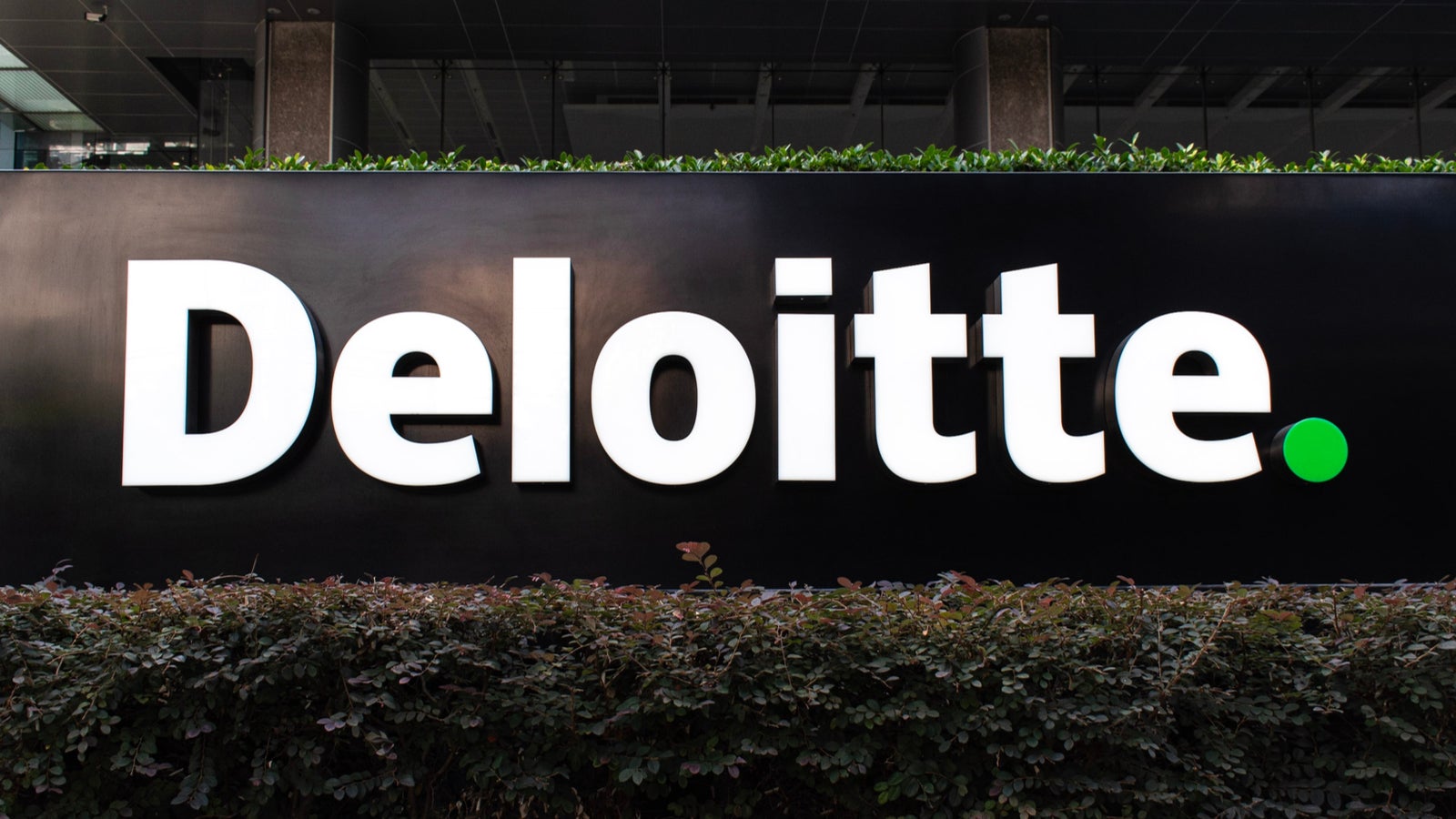FRC Findings of Misconduct by Deloitte
The following is a summary of FRC’s principal findings.
Deloitte and Mr Knights were culpable of:
(i) Misconduct in relation to (i) the allocation of hardware costs in Q3 09 and Q4 09/FY 09; (ii) the non-disclosure of the hardware sales in FY 09; (iii) the recognition of revenue from sales to VARs in Q4 09/FY 09, Q1 10 and Q2 10;
(ii) lack of professional scepticism as contended in Allegation 1.4(a);
(iii) lack of integrity in breach of Fundamental Principle (a) and section 110 of the Code of Ethics in failing to correct [Autonomy]’s misleading statement to the FRRP at the meeting on 13 January 2010; and
(iv) loss of objectivity in breach of Fundamental Principle (b) and section 120.1 of the Code of Ethics and para 6 of APB Ethical Standard 1 in the six respects described at paras [716] to [758] above.
How well do you really know your competitors?
Access the most comprehensive Company Profiles on the market, powered by GlobalData. Save hours of research. Gain competitive edge.

Thank you!
Your download email will arrive shortly
Not ready to buy yet? Download a free sample
We are confident about the unique quality of our Company Profiles. However, we want you to make the most beneficial decision for your business, so we offer a free sample that you can download by submitting the below form
By GlobalDataDeloitte and Mr Mercer were culpable of:
(i) Misconduct in relation to (i) the non-disclosure of the hardware sales in FY 10; (ii) the recognition of revenue from sales to VARs in Q2 10 and Q3 10; and (iii) the failure to correct Autonomy’s letter dated 3 March 2011 to the FRRP;
(ii) lack of professional scepticism in relation to (i) the allocation of hardware costs in Q2 10, Q3 10 and Q4 10/FY 10; and (ii) the recognition of revenue from sales to VARs in Q4 10/FY 10, Q1 11 and Q2 11; and
(iii) lack of professional competence in breach of Fundamental Principle (c) of the Code of Ethics in relation to the audit documentation for the TP3 transaction in FY 10.
We are conscious of the fact that the allegations that have been made by the Executive Counsel and the conclusions that we have reached are extremely serious for Deloitte, Mr Knights and Mr Mercer. Deloitte is a very large internationally renowned firm. Mr Knights and Mr Mercer are both accountants with long experience of auditing. Our findings will inevitably be damaging to their reputations as well as to that of Deloitte. We have not reached our conclusions lightly. But we are also acutely aware that Deloitte, Mr Knights and Mr Mercer were under a public interest duty to uphold the reliability of the reporting of Autonomy (which is a FTSE 100 company). Para 4 of the APB Ethical Standard 1 provides:
This public interest duty is critical. Regrettably, for the reasons that we have set out in considerable detail above, we have found that Deloitte and, in particular Mr Knights, but also to a lesser extent Mr Mercer, were culpable of serious and serial failures in the discharge of this duty.
We acknowledge that Deloitte did a great deal of careful appropriate work on the Autonomy accounts during the Relevant Period. Many workpapers and reports were written and other detailed documents produced. There was no shortage of effort or manpower. Neither Mr Knights nor Mr Mercer was deprived of the resources that they needed to discharge their duties properly.
Some of the allegations that we have found proved are the result of mistakes or erroneous judgments which, with the benefit of hindsight, can be seen to have been wrong. It may be said that some of the allegations of failure to exercise professional scepticism fall into this category. But it is the wholesale nature of the failure of professional scepticism in relation to the accounting for the hardware sales and the VAR transactions as well as our findings of Misconduct and of breaches of Fundamental Principles, that make this case so serious.
We have described the market scrutiny that was a constant background pressure on these audits and reviews. The pressure on Autonomy to meet market expectations gave rise to a risk of misstatement through manipulation of the financial results to achieve a desired position. Deloitte,
Mr Knights and Mr Mercer were well aware of the pressure and the risk. They were under pressure from Autonomy to accept its treatment of the hardware costs and the revenue from VAR transactions, rather than upset their client by challenging it. We recognise that on some occasions they stood firm and did not yield to this pressure, although, as we have explained, these were usually where it was obvious that what Autonomy wanted to do was unacceptable. But there are only a few examples of this kind.
Autonomy was an important client for Deloitte generally, and for the Cambridge office in particular. It was the only FTSE 100 company audited from that office. Deloitte’s relationship with Autonomy was critical to the Cambridge office’s financial success. This made it all the more important that Deloitte should be alive to the need to discharge its public interest duty reliably and independently and not yield to actual or apparent client pressure. Regrettably, for the reasons that we have given, it signally failed to do this.






